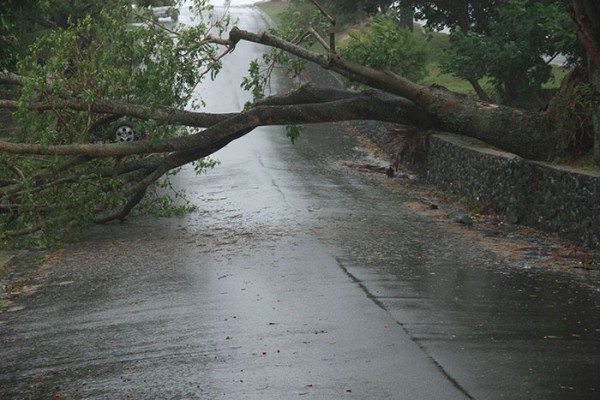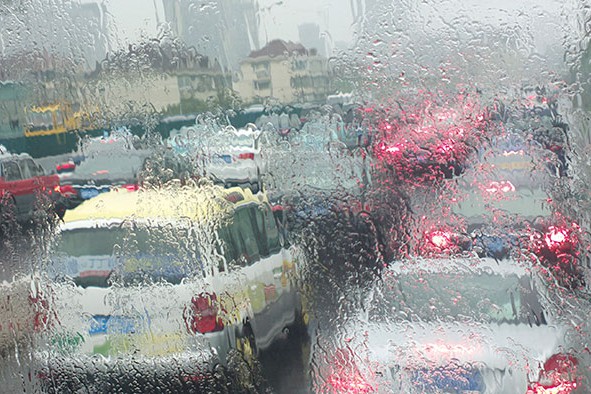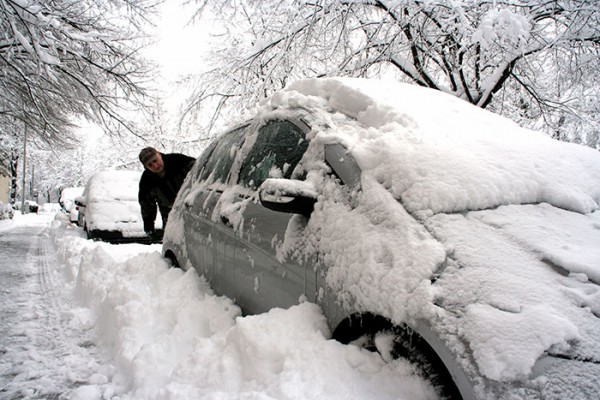Severe Weather
The United Kingdom can experience severe and adverse weather due to its maritime temperate climate with occasional continental and arctic influences.
These can bring with them heavy rain or snow, strong winds and extreme temperatures. As experience has shown, severe weather can take a variety of forms and at times can cause significant problems and disruption to normal life. Over the coming years, we are likely to see rising temperatures and sea levels, and an increase in the frequency and severity of extreme weather events in the UK. Weather forecasting can now give warning of most events and offer general advice.
There are many types of severe weather that can have a serious local impact in the UK. The main types of severe weather that we need to plan for include storms and gales, low temperatures and heavy snow, heat wave and drought.
Impacts of climate change
Human activity – from releasing greenhouse gases and aerosols into the atmosphere, to changing the use of land – is the main driver of climate change. This has a range of impacts on the climate system, ecosystems, and people.
Climate change is causing many extreme weather events to become more intense and frequent, such as heatwaves, droughts, and floods.
Some of the impacts of severe weather are:
Flooding
Flooding is a priority risk in Leicester, Leicestershire and Rutland highlighting the need to plan and prepare. It is also the most widespread natural risk in the UK.
There are two types of flooding risk to be aware of. People commonly associate flooding with rising water and burst rivers (called fluvial flooding) but flooding incidents are increasingly the result of pluvial flooding which is the surface water caused by the sudden heavy downpours that are now more prevalent in our changing climate. Indeed, you may be surprised to learn that Leicester City is currently one of the top 10 flood risk areas in the country, due to the combination of fluvial and pluvial flood risk.
Storms and Gales
- Danger to life from windswept objects including falling trees and structural failures.
- Damage to property.
- Damage to electricity and telephone lines.
- Travel disruption.
- Low temperatures and heavy snow.
- Disruption to food production.
- Risk of people, particularly the vulnerable, being affected by health threatening low temperatures.
- Power and water failures.
- School and public building closures.
Heat Waves
- An increased number of admissions to hospital and consultations with GPs due to sunburn, heat exhaustion, respiratory problems and other illnesses such as food poisoning.
- Increased vehicle breakdowns due to overheating engines.
- Road surfaces deteriorating as tarmac begins to melt.
Who can be affected?
Those travelling are often effected. In the event of a warning, ask yourself; is it essential to make the journey? Could a telephone call be made or a video-conference held instead? The elderly and vulnerable are at an increased risk in any heatwave or cold snap.
What are we doing?
- Responding agencies are registered to receive advice and severe weather warnings from the Met Office.
- Winter planning undertaken by many agencies, e.g. gritting routes.
- The NHS provides winter flu jabs and plans for expected surges in demand.
- The NHS provides heatwave advice.
- Additional support via health and social services is identified for elderly and vulnerable people.
- Utility Companies provide a prioritised service for the elderly and vulnerable.
- We have produced an adverse weather protocol to ensure that agencies’ limited resources can be best used in the event of adverse weather.
- Working with emergency services, local authorities and other agencies to develop flood response plans and procedures.
- Providing guidance to members of the public about flooding, including flood warnings and what people can do to help themselves.
What can you do?
Depending on the level of warning:
- Ensure you can access the latest weather forecasts.
- Follow instructions and advice given by authorities.
- Listen to weather forecasts and heed any warnings of extreme weather.
- Plan any journeys or activities with the weather in mind.
- Avoid all non-essential journeys.
- If you must make a journey, plan ahead and carry emergency food/ clothing/ blanket etc.
- Check that elderly or vulnerable relatives and those who you know or live close to are supported.
- If you are aware of property damage that may get worse in the event of strong winds, get it fixed now.
- Follow heatwave public health advice.
- Encourage the vulnerable and elderly to register with the public utility companies who will attempt to prioritise them if their services are affected by the weather.







